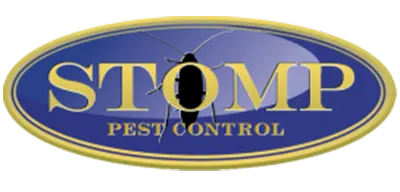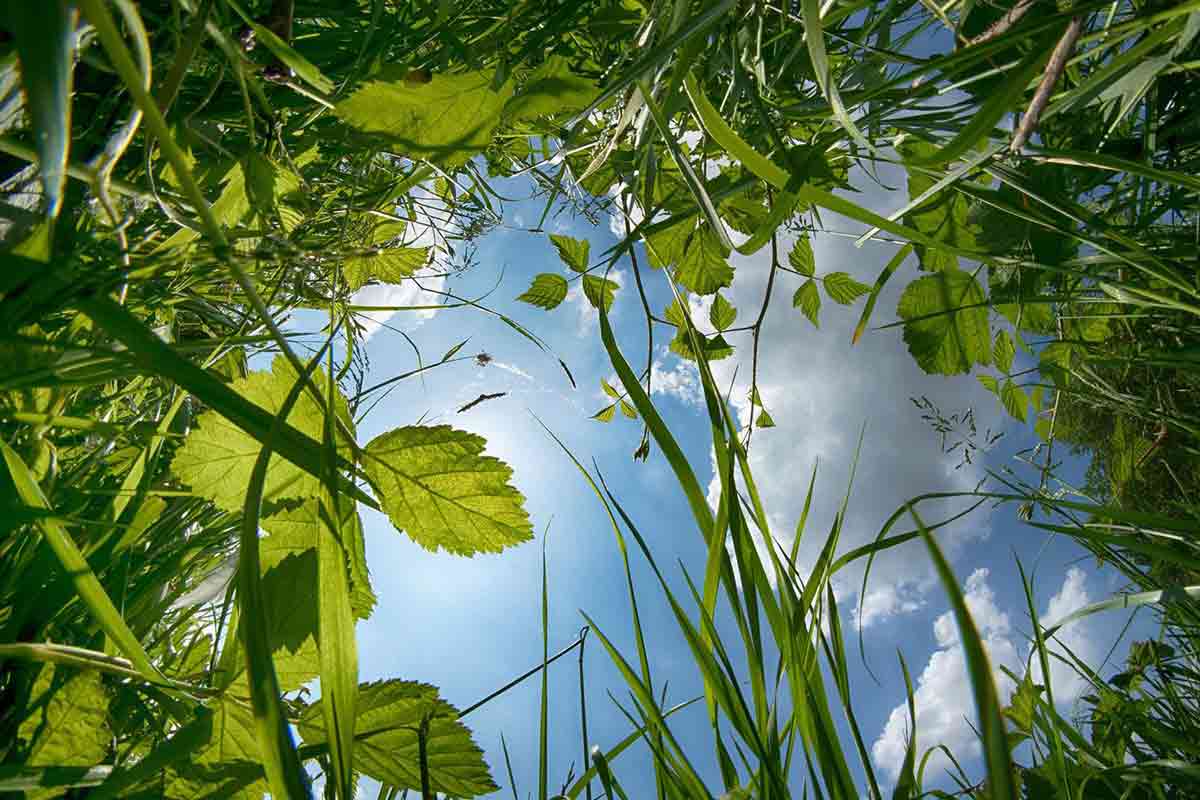While bees, wasps, and hornets are all flying insects classified as Hymenaptera, the similarities don’t go much further than that. Some sting, some don’t, some are vegetarians, some are carnivores – so how do you tell the difference between bees, wasps, and hornets? Our pest control company in Raleigh is sharing differences between the three and how to identify stinging insects so you can stay safe this summer.
Bees in North Carolina
Bees are one of the cornerstones of our eco-system, responsible for pollinating over 70 percent of plants, fruits, and vegetables. They are vegetarians, meaning they only exist on nectar (though some do gain minerals from mammals’ sweat), and while most people think all bees are dangerous, only females sting, and that’s just when they feel threatened. While there are over 500 species of native bees in North Carolina, you’ll probably just see the four main types:
- Honeybees: These brownish and black-striped insects are fuzzy, less than 1/2-inch long, and make their nests in hollow trees and logs, generally.
- Bumblebees: Rounded, fat bees with fuzzy bodies marked with black and yellow bands. They nest in cavities in the earth, buildings, and trees, but you’ll usually find them buzzing from flower to flower getting nectar.
- Carpenter bees – These are often mistaken for bumblebees with their large bodies, but they are larger, have yellow markings rather than stripes, and a shiny, bare belly. They are more solitary and tend to tunnel into dry, untreated wood, like decking, dead trees, and logs.
- Sweat bees – Smaller than most bees with thin bodies that can be black, brown, or metallic, they will land on people and animals to access sweat.
Identifying Wasps in North Carolina
Wasps may share some similar qualities as bees, but they are actually very different. Unlike vegetarian bees, wasps are primarily carnivores, though they are attracted to trash and food. With longer, more slender bodies, wasps are generally easy to identify, which is important as they are generally much more aggressive and can sting repeatedly, making them a bigger threat than bees. In North Carolina, the most common wasps are:
- Yellowjackets: Fast fliers with smaller bodies and bright yellow and black stripes, yellowjackets can rapidly build nests in the ground, attics, and cinder block holes. Keeping trash cans covered and covering all outdoor food and beverages is necessary to reduce the risk of stings as yellowjackets are incredibly aggressive and will attack repeatedly.
- Paper wasps: These reddish-brown to brown-black insects are slender with very narrow waists. They build gray, paper-like nests in overhangs, up in window sills, on deck railings, and in trees. They are less territorial and aggressive than yellowjackets, but they’ll still attack perceived threats with repeated stings and bites (yes, paper wasps have powerful jaws and will simultaneously sting and bite!).
- Mud dauber: Mud daubers are black, dark blue, or metallic, and build nests from mud. These wasps rarely sting as they are non-aggressive, preferring to hunt and eat spiders instead. It’s still a good idea to steer clear, though.
Identifying North Carolina Hornets
All hornets are actually wasps, but we wanted to separate them on the list because most people consider them two different insects. There are two main types of hornets around the Triangle, and while they don’t seek out victims to sting, they will attack relentlessly once threatened, often in a swarm, making them even more dangerous.
- Bald-faced hornets: These hornets have white markings on their faces and heads and are slightly larger than yellowjackets, but their behavior is very similar.
- European hornets: These are around 1 1/2 inches long with a brownish-red color. Their nests are often located in protected areas, such as attics, voids in a wall, or a rarely used shed. They are attracted to porch lights and are one of the few wasps and bees that are active at night.
Call Us for Wasp Control in Raleigh Today
While wasps and bees are important to the ecosystem, you certainly don’t want them taking up residence around your home. If you’re concerned about wasps and hornets, it’s important to eliminate them immediately, before someone gets hurt. Call our experienced team for effective wasp extermination today at (919) 231-3292 or fill out the form below to learn more.

